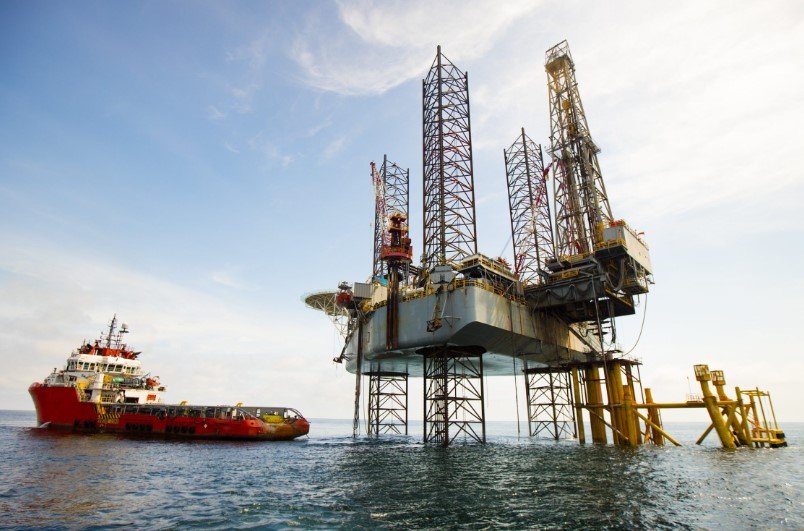The Middle East remains the worlds top oil exporter in 2025, fueling global economies while tying into militarism and the climate emergency. Recent reports highlight how oil wealth shapes arms trades, financial systems and ongoing conflicts, making justice struggles in the region key to fighting fossil capitalism.
Historical Roots of Oil Dominance
Oil in the Middle East has shaped world powers for over a century. After the Ottoman Empires fall post World War I, Britain and France carved up the region, drawn by cheap abundant reserves close to Europe.
European firms controlled extraction back then, paying little to local rulers under colonial rule. This setup laid the groundwork for todays global energy system.
Coal ruled as the main fuel at first, but oil grew vital for war machines. For example, Britain switched its navy to oil for faster lighter ships that could carry more weapons.

By mid 20th century, the shift from coal to oil sped up after World War II. The United States rose as the top power, using its own vast reserves and companies to lead global production.
The Middle East proved crucial in this change, supplying oil that powered industries and militaries worldwide. This transition boosted fossil capitalism, where energy profits drive economic growth at the planets expense.
Ties Between Oil Wealth and Global Arms Trade
Oil revenues from the Middle East fund a massive arms market in 2025. Gulf states like Saudi Arabia use petrodollars to buy weapons, strengthening ties with Western powers.
This cycle keeps the region a hotspot for US influence. Military bases dot the area, protecting oil flows and ensuring strategic control.
Recent data shows the US military consumes more fuel than many countries combined. It emits greenhouse gases equal to over 140 nations, linking war efforts directly to climate harm.
Conflicts often center on resources. Wars in Iraq and Libya disrupted oil supplies, while current tensions in Gaza involve gas fields and pipelines.
- Oil rich nations spend billions on defense each year.
- Arms sales to the Middle East hit record highs in 2024.
- US bases in the Gulf make energy infrastructure vulnerable to attacks.
These points show how militarism guards oil interests, fueling endless cycles of instability.
Experts note that global oil demand stays high despite green energy pushes. The Middle East is set to dominate exports until 2050, per forecasts.
Fossil Capitalism and the Climate Emergency
Fossil capitalism thrives on Middle East oil, worsening the climate crisis. The regions exports meet over half of global needs, driving emissions that heat the planet.
In 2025, studies warn of oversupply muting price spikes from conflicts, yet risks remain high. A wider Middle East war could cause energy shortages worldwide.
The push for justice in the region ties into climate fights. Activists argue ending fossil dependence requires addressing imperialism and resource grabs.
| Key Impacts of Middle East Oil on Global Climate | Details |
|---|---|
| Emissions Contribution | Oil production and use add billions of tons of CO2 yearly. |
| Conflict Related Pollution | Wars destroy ecosystems and release toxins. |
| Economic Dependence | Fossil fuels lock in high carbon growth models. |
| Transition Challenges | Shift to renewables faces resistance from oil giants. |
This table outlines why oil centered economies hinder green progress. Leaders call for fair transitions that support affected communities.
Social media buzz in 2025 reflects growing awareness. Posts link US military emissions to climate goals, urging action against war and pollution.
Imperialism and the Modern Financial System
Oil wealth integrates deeply into global finance. Petrodollars recycle through banks, funding investments and stabilizing currencies.
US dominance relies on this system. Sanctions and bases ensure control over flows, punishing rivals like Iran.
Recent geopolitical turmoil in 2025 raises fears of oil shocks. If conflicts escalate, prices could surge, hitting economies hard.
Yet oversupply might cushion blows, as per World Bank outlooks. Still, long term shortages loom if key infrastructure gets hit.
The interplay shows how empire sustains fossil capitalism. Breaking this requires global solidarity for justice and sustainability.
Pathways to Justice and Sustainability
Struggles for Middle East justice are vital to dismantling fossil capitalism. Ending militarism could free resources for clean energy and fair development.
In 2025, regional growth projections show resilience amid tensions. Oil output supports economies, but diversification efforts grow.
International talks push for lower emissions, yet fossil fuels dominate. Activists demand accountability from polluters and warmakers.
Share your thoughts on how oil ties into global issues in the comments below, and spread this article to raise awareness.
